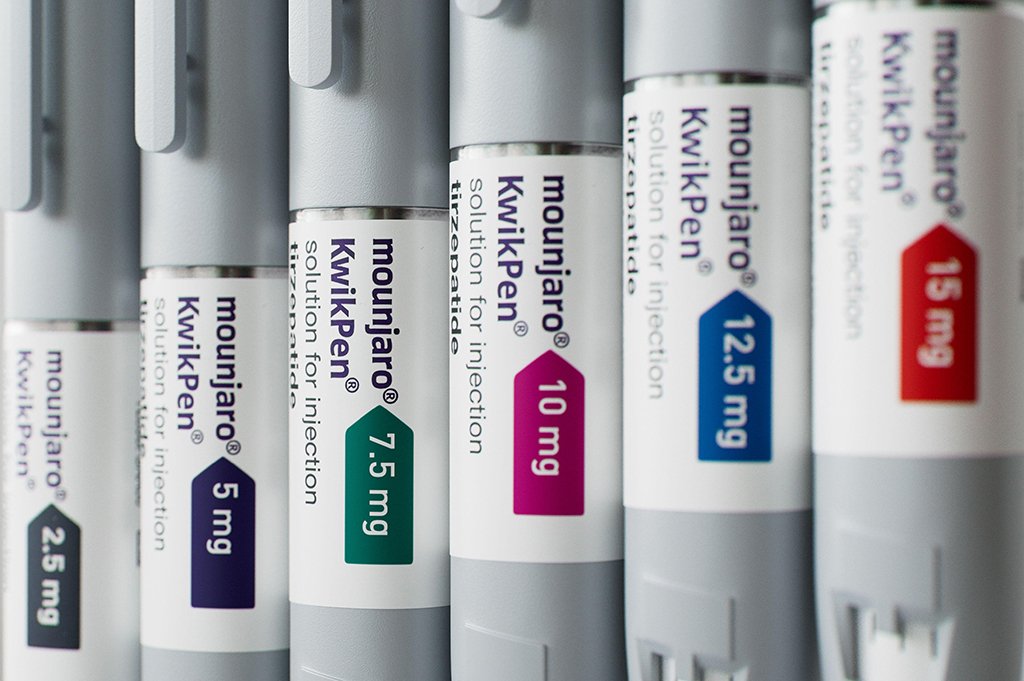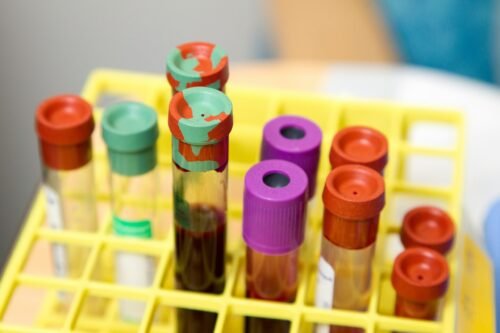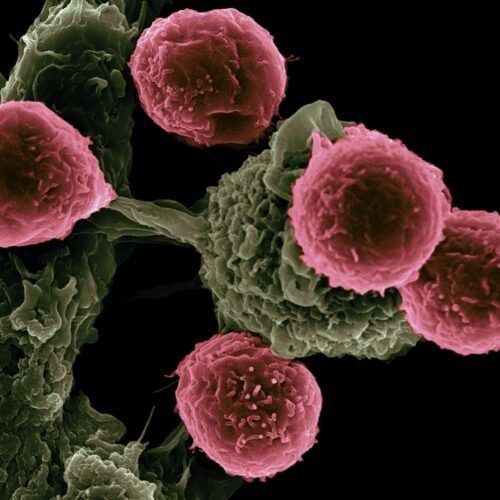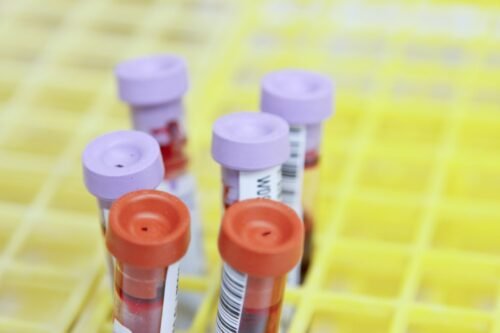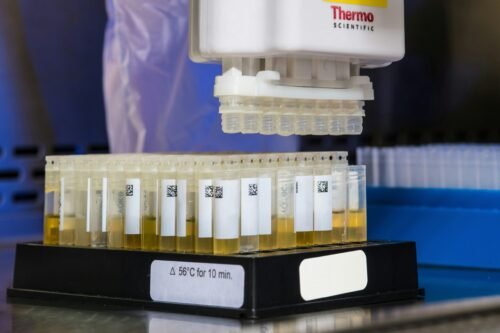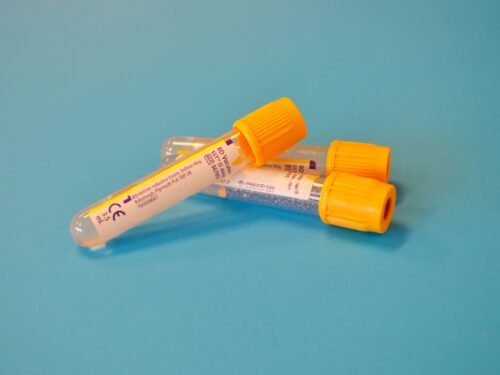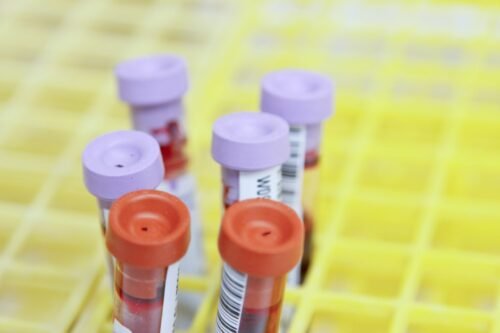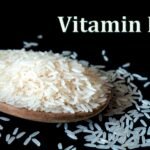
Vitamin B1 (Thiamine): Vital for Energy and Nervous System Health
May 18, 2025
Inositol: A Natural Compound for Health and Wellness
May 18, 2025Folic Acid (Vitamin B9): Essential for Cell Growth and Pregnancy Health
Folic acid, also known as Vitamin B9, is a water-soluble B-vitamin vital for many bodily functions. It supports DNA synthesis, cell division, and tissue growth, and is especially important during pregnancy to prevent birth defects and promote fetal development.
Key Benefits of Folic Acid:
- Supports Healthy Pregnancy: Helps prevent neural tube defects such as spina bifida and anencephaly. Recommended for women who are planning or currently pregnant.
- Promotes Red Blood Cell Formation: Essential for producing red blood cells and preventing megaloblastic anemia, which affects oxygen transport.
- Supports Cell Division and Growth: Aids in the synthesis of DNA and RNA, making it critical for growth during pregnancy, infancy, adolescence, and recovery from illness.
- Improves Heart Health: Regulates homocysteine levels, reducing the risk of cardiovascular diseases.
- Boosts Brain Function: Helps maintain cognitive function and reduce the risk of cognitive decline; may also support mood and reduce symptoms of depression.
- Enhances Skin Health: Promotes healthy skin cells, improves skin tone, and may reduce signs of aging such as wrinkles.
- Supports Digestive Health: Helps maintain and regenerate cells in the digestive tract, improving nutrient absorption and gut health.
- Reduces the Risk of Birth Defects: Significantly lowers the risk of defects like cleft lip and palate when taken before and during early pregnancy.
Sources of Folic Acid:
- Leafy greens: Spinach, kale, lettuce
- Legumes: Lentils, beans, chickpeas
- Fortified foods: Breakfast cereals, breads, pasta, and rice
- Citrus fruits: Oranges, grapefruits, lemons
- Others: Avocados, Brussels sprouts, sunflower seeds, almonds
Note: Folic acid is the synthetic form used in supplements and fortified foods, while folate is the natural form found in foods.
Folic Acid Deficiency Symptoms:
- Megaloblastic anemia: Fatigue, weakness, pale skin
- Birth defects: Neural tube and developmental issues
- Cognitive impairment: Memory issues, confusion, poor concentration
- Depression: Linked to low folate levels
- Poor growth and development in infants and children
Conclusion:
Folic acid is a crucial nutrient for cell health, red blood cell formation, and especially fetal development during pregnancy. Ensuring adequate intake through diet or supplementation supports overall wellness and helps prevent serious health conditions. Always consult with a healthcare provider to determine appropriate dosage and needs.




